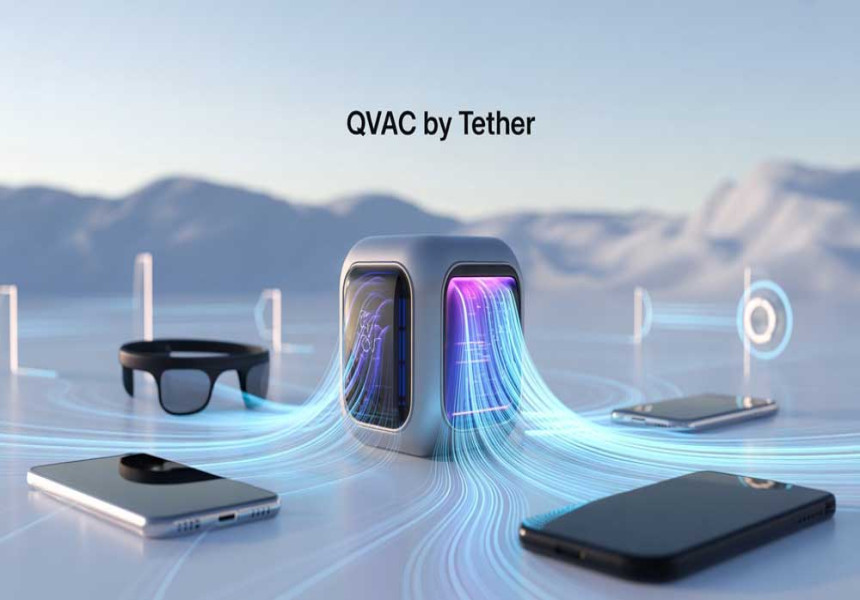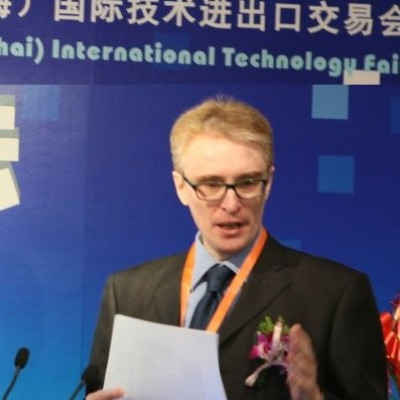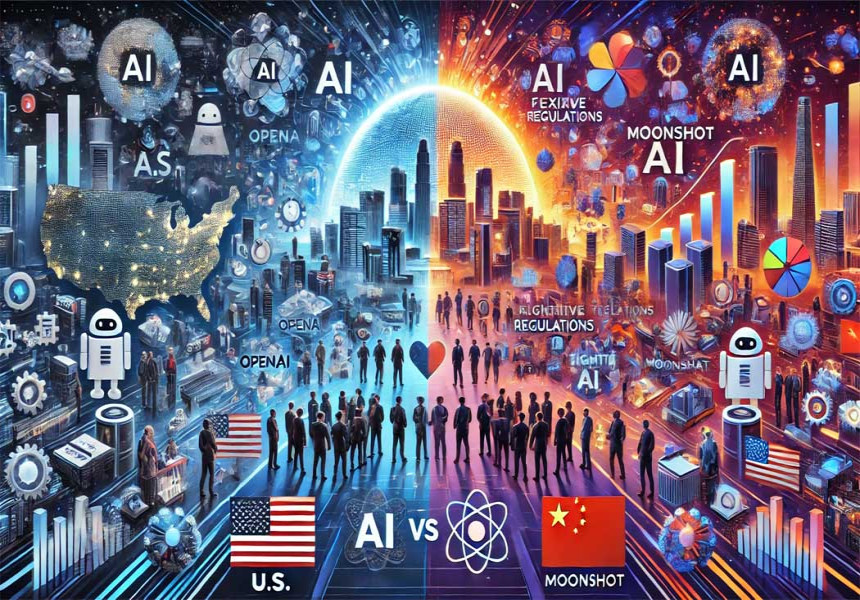QVAC by Tether: Decentralizing AI for a Private, Local-First Future
On May 14, 2025, Tether unveiled QVAC (QuantumVerse Automic Computer), a groundbreaking decentralized AI platform designed to run entirely on local devices, marking a significant shift away from traditional cloud-based AI systems.
What Is QVAC?
QVAC is Tether’s new AI development framework that enables developers to build and deploy AI agents directly on user devices—ranging from smartphones and laptops to wearables, robots, and even brain-computer interfaces. By eliminating the need for centralized servers or cloud infrastructure, QVAC ensures that data remains on the user's device, enhancing privacy and autonomy.
Key Features
- Local-First AI: QVAC allows AI models to operate entirely on local hardware, ensuring that user data never leaves the device, thereby enhancing privacy and reducing reliance on internet connectivity.
- Modular Architecture: Developers can create applications using small, composable components, facilitating scalability and customization across various devices and use cases.
- Peer-to-Peer Networking: QVAC supports direct device-to-device communication, enabling AI agents to collaborate without centralized servers, thus increasing resilience and reducing single points of failure.
- Integrated Payments: Through Tether’s Wallet Development Kit (WDK), AI agents can autonomously transact in Bitcoin and USDT, opening avenues for decentralized, self-sustaining AI systems.
Upcoming Applications
Tether plans to launch initial applications built on the QVAC platform, including:
- QVAC/Translate: An on-device translation and transcription tool that processes text, documents, images, and audio without relying on cloud services.
- QVAC/Health: A private wellness tracker that keeps sensitive health data entirely local, ensuring user privacy and data sovereignty.
These applications exemplify QVAC’s commitment to privacy and user control.
Future Outlook
Tether aims to release a comprehensive, open-source Software Development Kit (SDK) for QVAC in the coming months, empowering developers to build and scale their own AI agents across various devices. The full-scale launch of QVAC is anticipated in Q3 2025, with early applications and use cases rolling out ahead of the main release.
QVAC represents Tether’s strategic expansion into the AI domain, emphasizing decentralization, privacy, and user autonomy. By enabling AI to run locally on user devices and facilitating peer-to-peer collaboration, QVAC challenges the traditional cloud-dependent AI models dominated by big tech companies. As Tether CEO Paolo Ardoino stated, “Artificial intelligence should empower the next wave of growth for society and humanity, not delegate even more control to corporations that own servers and access keys.”









